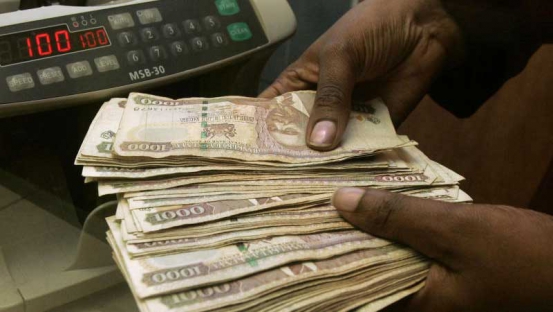×
The Standard e-Paper
Stay Informed, Even Offline

The first headache for the winner of next month’s repeat presidential polls will be the impending repayment of a $700 million (Sh77.4 billion) syndicated loan amid rising concerns about the country’s creditworthiness.
It is still unclear how the National Treasury plans to pay the syndicated loan that matures next month even as the country’s debt situation becomes more worrisome.